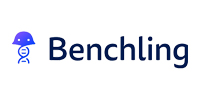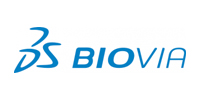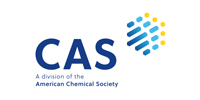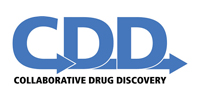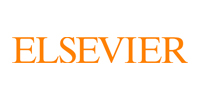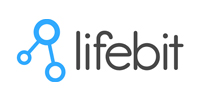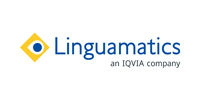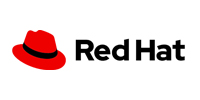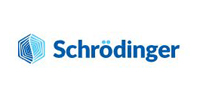2022 Pistoia Alliance Annual European Conference
Pistoia Alliance’s Annual European Conference: Driving Patient Centricity in R&D
The voice of the empowered patient is on the rise. Through a series of keynote presentations, focused discussions, and breakout sessions, the Pistoia Alliance’s Annual European Conference focused on Patient Centricity in R&D in an effort to look at the challenges and opportunities for embedding patient centricity within the biopharma value chain—from early discovery right through to post commercialization and its potential for real-world data insights.
Keynote speaker outlined pandemic uses for machine learning in pharma
Pistoia Alliance members who attended the Pistoia Alliance’s annual European conference learned, first-hand, how cutting-edge tools like artificial intelligence and machine learning helped a group of physicians give their Covid-19 ICU patients exceptional care in a way that has never been available in the clinical setting before.
During her keynote speech, entitled “Using ML to Discover the Underlying Models of Medicine,” Mihaela van der Schaar, PhD, John Humphrey Plummer Professor of Machine Learning, AI, and Medicine, University of Cambridge, outlined a novel approach to Covid-19 patient care that brought machine learning to bear on an important challenge during the pandemic: the cytokine storm.
Covid patients with severe infections, who were hospitalized in the ICU, frequently had an overly-aggressive immune response to the virus, which caused inflammatory proteins called cytokines to flood into the bloodstream. While this immune response helped the body fight the Covid virus, it also resulted in organ damage to the kidneys and liver. Patients who survived often ended up having chronic kidney disease and the possible need for ongoing dialysis.
Van der Schaar’s lab at the University of Cambridge came to the aid of physicians who were attempting to prevent this organ damage with the use of a glucocorticoid called dexamethasone. Research studies performed during the pandemic showed dexamethasone kept more Covid patients off of ventilators, by reducing their inflammatory lung infiltrates, and it also significantly reduced the mortality of Covid patients in the ICU.
By using a Latent Hybridization Model (LHM), combining a pharmacological model with additional expert clinical resources and data, LHM gave providers the ability to more precisely administer the dexamethasone doses. Machine learning was brought to the hospital bedside, to help clinicians and pharmacologists better understand the way a patient’s immune system has its own unique response to the steroid.
“Better markers of the immune response, such as cytokine 1, can be measured in the research laboratory, but it is not typically measured in the clinic,” van der Schaar said. The model showed clinicians the various interactions between such variables as the inflammatory marker C Reactive Protein (CRP), the dexamethasone concentration in the patient’s lung, the viral load, and the patient’s immune response.
The additional data provided by the machine learning hybrid model gave the physicians an important new tool that helped them to better titrate the use of dexamethasone and refine their treatment plan.
In the end, the lab’s use of machine learning was aligned with the growing trend of patient-centric health care. “With this model, we were helping physicians understand their patients and they were personalizing the decisions to their unique characteristics,” van der Schaar said.
Machine learning models in pharmacology and life sciences can also be used for medical risk predictions, epidemiology and to show models of disease progression, she added. They may also help scientists gain better approval from government regulatory agencies for novel biomarkers in oncology and other specialties.
Van der Schaar invited conference attendees to participate in her lab’s virtual “inspiration exchange” sessions with industry partners and academics by visiting www.vanderschaar-lab.com.
Speaker
- Prof Mihaela van der Schaar, John Humphrey Plummer Professor of Machine Learning, AI, and Medicine, University of Cambridge; Director, Cambridge Center for AI in Medicine
2022 European Conference Sponsors
Ready to Get Involved?
There has never been a more important time to collaborate to innovate as an industry! If you would like to find out more about the benefits of Pistoia Alliance membership and how you can get involved with all the different initiatives we run, please send an email to Membership@PistoiaAlliance.org.
Access the Recording
We will email you the recording.

